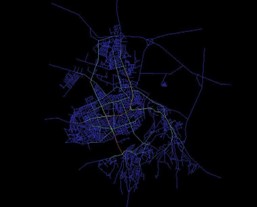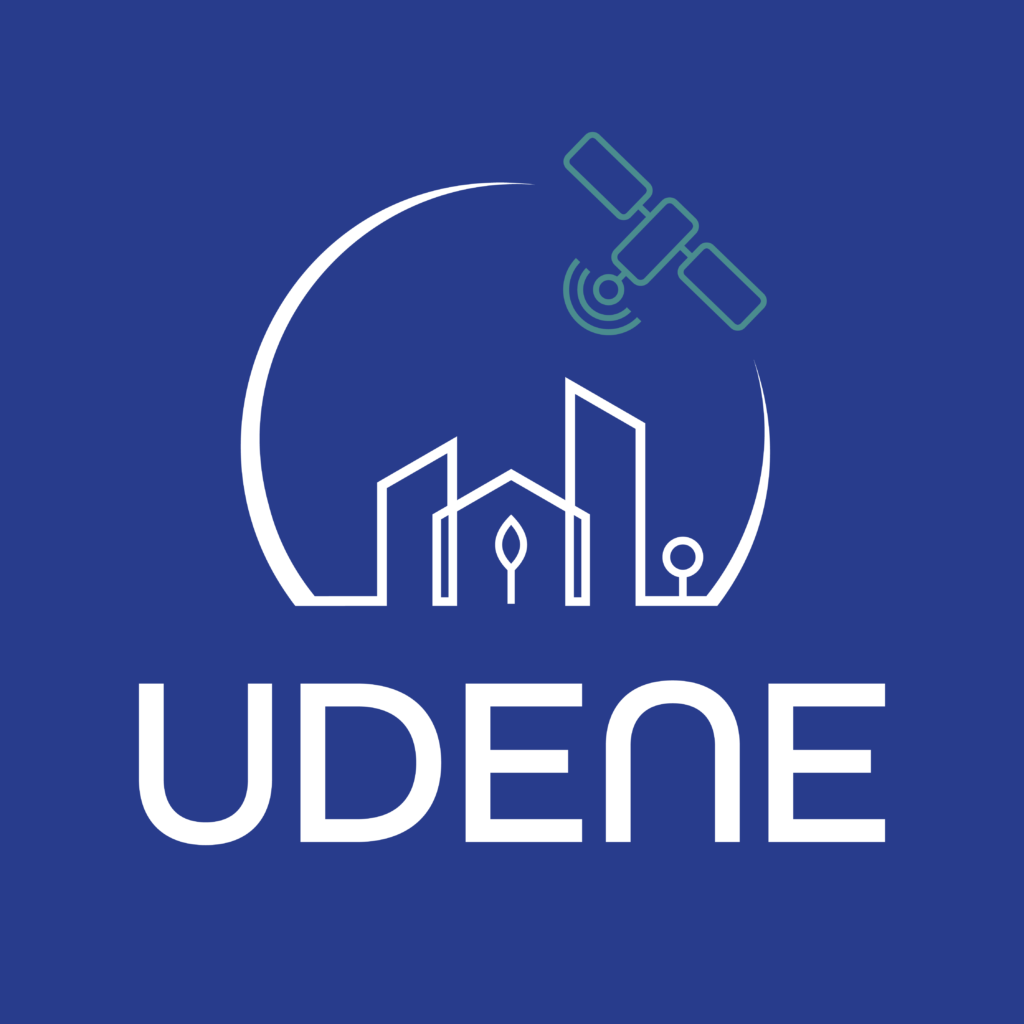The BioSense Institute gladly joined the UDENE project together with our partners with the aim to contribute to creating sustainable and pleasant urban areas in times of significant climate changes.
In this respect, BioSense oversees the Serbian use-case, and focuses on transportation infrastructure changes and how to evaluate their influence on the urban environment. In particular, the objectives are to:
- gather necessary local, in-situ data about transportation, pollutant emissions, and weather conditions, and integrate it with Earth Observation (EO) data from Sentinel mission, and
- using this data, develop and deliver AI, machine learning, and statistical models that can anticipate environmental impacts of the planned transportation infrastructure changes.
Research activities
In order to develop a complex traffic model, it is necessary to collect relevant data for the machine learning model training process. Therefore, BioSense researchers were dealing with the following tasks since the beginning of the the project.
BioSense researchers Nikola Obrenović, Branislav Pejak, Polina Maglevannaia and Maksim Lalić gathered available data about Novi Sad traffic, in-situ pollution measurements, and climate data (ERA), from the Novi Sad Department of Transportation, the Serbian Environmental Protection Agency (SEPA), and Copernicus Climate Data Store, respectively.


Potential maps of street and traffic in Novi Sad, Serbia
Additionally, Polina Maglevannaia’s work focuses on developing population synthesis algorithms based on iterative proportional fitting technique and Monte Carlo Markov Chain methods. She collected the traffic flow data for the crossroads of the Novi Sad, which is required for the traffic model verification. The generation population data will be further used for transportation simulations and subsequent estimations of pollutant emissions. Katarina Petranović is tackling the development of the macroscopic pollutant emissions model, by employing different regression techniques. She has successfully built the initial regression model which analyzes the correlation between the pollution and geographical attributes. Moreover, the sensitivity analysis was conducted in order to compare the Linear Regression model with the Random Forest Regressor. Finally, Maksim Lalić is developing agent-based transportation model for microscopic estimation of the emissions at the street level.
Highlight on the Climate Europe Festival
The Climate Europe Festival, held from March 11-13, 2024, in the enchanting city of Venice, Italy, proved to be a convergence point for diverse stakeholders passionate about advancing climate resilience. Under the theme “Bridging science, services and standards for a climate-resilient future,” the festival offered a platform for interdisciplinary dialogue, artistic expression, and capacity-building activities.

Amidst the festival’s wide variety of discussions and activities, the UDENE (Urban Development Evidence for Decision-Making) project agitated for an innovation in urban planning. Led by presenter Nikola Obrenović, the UDENE project showcased its vision for natural-based solutions and decision-making systems in urban development, leveraging Earth Observation (EO) data from Copernicus satellites and local sources.
Attendees expressed keen interest in the UDENE project, recognizing its potential to revolutionize urban planning through data-driven insights. The project’s focus on leveraging EO data to support natural-based solutions and decision-making systems resonated strongly with participants, reflecting a growing recognition of the importance of technological innovation in addressing complex urban challenges.
